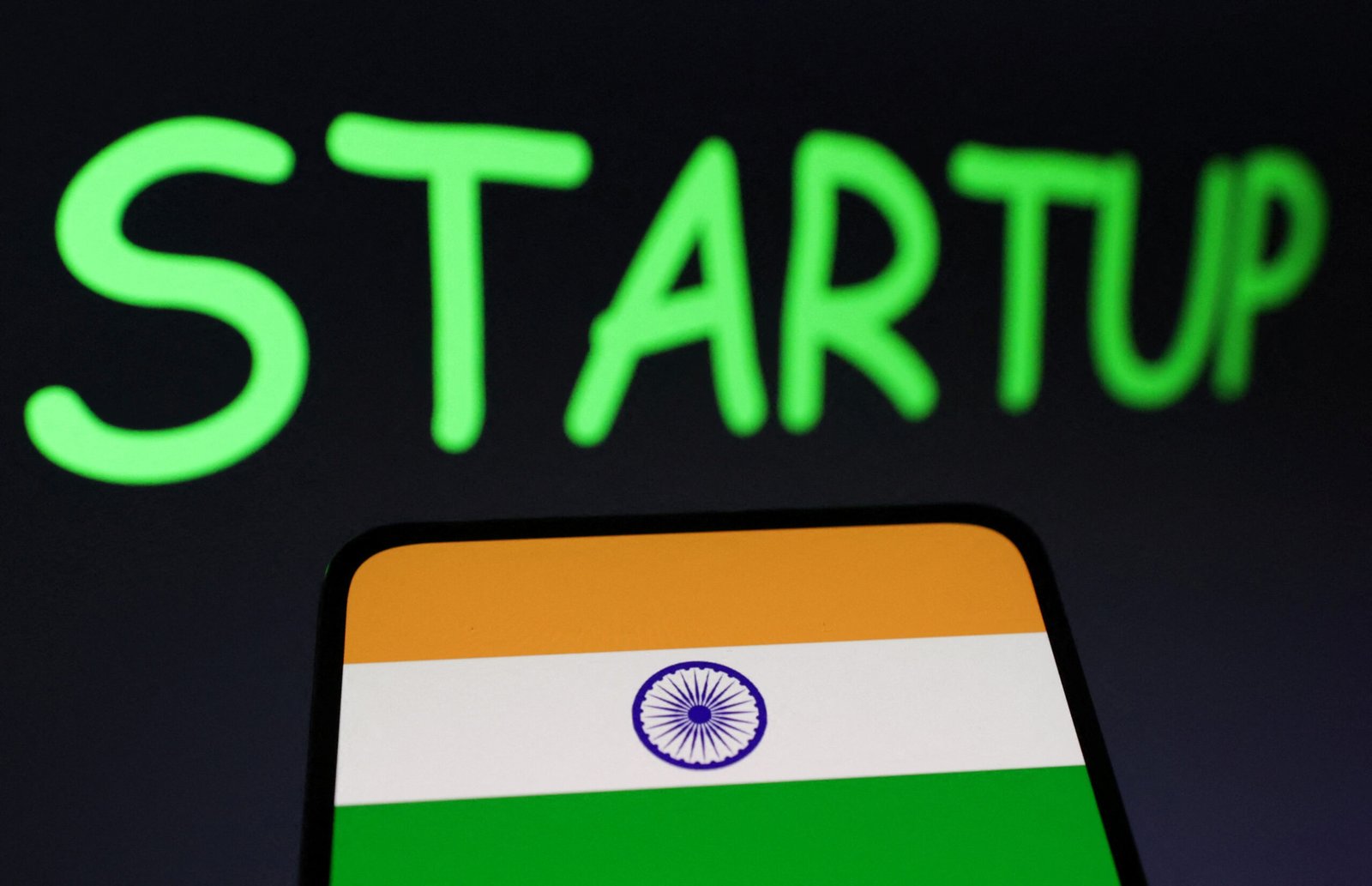Business
Strengthening Cyber Defenses: The Crucial Role of System Availability and Resilience

A robust cybersecurity strategy hinges on three fundamental pillars: confidentiality, integrity, and availability. While most organizations have become adept at safeguarding confidentiality and integrity, system availability often takes a backseat. The recent global Microsoft IT outage, triggered by an automated software update from CrowdStrike, highlights the critical importance of this often-neglected aspect. Described by industry analysts as one of the largest IT outages in history, it affected more than 8.5 million devices and resulted in direct losses exceeding $8 billion. The widespread chaos—from grounded flights to halted financial services—illustrates the catastrophic impact of compromised system availability.
Bringing the Focus Back on System Availability
The Microsoft outage underscores the need for robust incident response plans and backup strategies. To prevent similar disruptions, organizations must adopt a more strategic and comprehensive approach to IT management.
Thorough Testing Before Deployment
CIOs should enforce rigorous testing across various environments and configurations to catch potential issues early. Staging environments that mirror production setups allow for detailed examinations of updates, including automated, manual, and regression testing, ensuring new updates do not disrupt existing functionalities.
Diversified Solutions
Relying heavily on major IT vendors can expose organizations to significant risks. Diversifying vendors and implementing robust redundancy and failover mechanisms can mitigate these risks. Adopting a hybrid or multi-cloud infrastructure reduces the risk of single points of failure by spreading workloads across multiple environments, enhancing redundancy, flexibility, and disaster recovery capabilities.
Gradual Rollouts
Deploying updates in phases allows organizations to monitor and resolve issues before a full-scale launch. Robust rollback procedures are crucial for quick reversion to a stable version if problems occur. Automated rollback capabilities can speed up recovery, reducing the need for manual intervention.
Advanced Detection Tools
Utilizing cutting-edge monitoring tools to spot anomalies immediately post-deployment allows for rapid intervention. Real-time monitoring and alert systems are essential for catching issues as they arise. Comprehensive incident response plans with clear protocols for quick issue identification, isolation, and resolution are vital. These plans should include root cause analysis and post-incident reviews to continually improve response strategies.
Proactive Preparedness
Regularly testing disaster recovery plans through simulated drills helps identify weaknesses and areas for improvement. Partnering with reliable providers can further enhance preparedness and response capabilities by leveraging their expertise and resources.
Effective Communication
Clear and timely communication about updates and patches is key to minimizing risk during software updates. Organizations should inform clients about the time and need for the update and highlight the potential risks of not installing updates and patches, such as security breaches, compatibility issues, reduced efficiency, and obsolescence.
Reassessing Cybersecurity Strategies
Organizations must embrace a comprehensive cybersecurity approach that integrates robust incident response plans, diversified risk management strategies, and transparent crisis communication protocols. Robust contingency planning and transparent crisis communication are crucial to maintaining trust and providing clear updates during disruptions. Rigorous testing of updates in controlled environments can prevent systemic failures.
As our digital ecosystem advances, so too must our cybersecurity strategies. Balancing rapid updates with thorough testing and employing staged deployments can help avert crises, emphasizing that cybersecurity encompasses not just defense against attacks, but also the assurance of system availability.
(Disclaimer: Views expressed are personal and do not reflect the official position or policy of Financial Express Online. Reproducing this content without permission is prohibited.)
Business
ShapoorjiPallonji group inks record $3.4 billion private credit deal

The three-year, zero-coupon rupee bond has an annual yield of 19.75 per cent. Proceeds will primarily be used to refinance existing debt
Real estate and construction conglomerate Shapoorji Pallonji group signed a $3.4 billion private credit deal, a person familiar with the matter said, marking the biggest of its kind in the country.
The three-year, zero-coupon rupee bond has an annual yield of 19.75 per cent. Proceeds will primarily be used to refinance existing debt.
The company inked the deal with the trustee, according to the person. The money is likely to flow from lenders in the coming days, the person added.
The financing is a landmark in India’s growing private credit industry, which is getting a boost as Prime Minister Narendra Modi’s infrastructure push increases funding demands for everything from solar power to roads.
That’s fuelled a burst of competition among foreign and local investors. KKR & Co, Oaktree Capital Management and Goldman Sachs Group Inc are among the foreign firms expanding in the market.
Local players are launching araft of funds, with Kotak Alternate Asset Managers Ltd planning a $2 billion fund. Shapoorji has evolved into a family-run construction behemoth, building skyscrapers, landmarks and complex infrastructure.
Its portfolio includes the country’s central bank and the Al Alam palace for the Sultan of Oman.
About a dozen large investors, including Ares Management Corp, Cerberus Capital Management LP, Davidson Kempner Capital Management, and Farallon Capital Management were participating in the Shapoorji deal, people familiar with the matter had previously said. Deutsche Bank is also investing, and acting as the sole arranger and the trustee.
A representative for the company didn’t respond to requests for comment outside of normal business hours. The deal comes at a busy time for Indian debt markets.
Billionaire Mukesh Ambani-owned Reliance Industries has obtained a $2.98 billion-equivalent loan, according to people familiar with the matter, the largest such deal for an Indian borrower in more than a year.
Business
‘Noida is a hell’: Investor shares why he quit India to live in Luxembourg

Himanshu Upadhyay, now based in Luxembourg, says poor infrastructure, social decay, and safety fears pushed him to leave India despite living in a ‘posh’ locality
Himanshu Upadhyay, an investor and president of the Indian Business Chamber of Luxembourg, recently shared on social media that he had relocated abroad due to “safety concerns” and deteriorating living conditions in India. Speaking about his experience living in a gated community in Noida, Upadhyay cited issues such as corruption, pollution, and unreliable water and electricity supply as key factors behind his decision.
“No matter how many tall buildings and trees Noida has, it’s still a hell,” he said.
‘Morally bankrupt environment’ prompted move abroad
Upadhyay, who has over two decades of professional experience in markets across Europe, Southeast Asia, and the Pacific, said that despite living in a “so-called posh colony” in Noida, the day-to-day reality was far from comfortable.
In a post on X, Upadhyay wrote, “I lived in a so-called posh colony in Noida. The only reason I left India was the incompetent and morally bankrupt people around me… Electricity, water, pollution, neighbours, commuters. Everyone seemed to be always angry and frustrated, ready to kill.”
He further alleged that even well-educated people in his neighbourhood were involved in corrupt practices, citing electricity theft as one example.
Upadhyay’s comments came in response to a user who praised the quality of life in Noida. While many users agreed with the investor’s assessment, others defended the city’s infrastructure and amenities.
When challenged by a Noida resident who said he hadn’t faced any of the problems mentioned, Upadhyay responded, “So you are telling me that there are cities in India where people are morally sound, ethical, with no fights over parking, no road rage, no corruption, no disruption in water and electric supply, no pollution and everyone using common sense?”
‘I didn’t want my children raised in that environment’
Despite his affection for the country, Upadhyay explained the surrounding social atmosphere was not conducive to raising a family. He added that India’s deep-rooted issues could take “two generations” to resolve.
On whether life in the West guaranteed safety and order, he replied, “Largely, and at least I do not struggle with basic things in life and my family doesn’t live in fear.”
Several users agreed with Upadhyay’s comments. A Lucknow-based lawyer supported his view, stating that children should be prepared to move abroad to escape the widespread corruption, pollution, and what he called “fictional caste-based egos” in Indian society.
One user said, “It’s true that on average Indians are more corrupt than people from developed countries. Maybe because their quality of life is already good they don’t need to be venal or maybe Indians have a character defect.”
However, others offered a different perspective. A resident of Noida shared, “I also stay in Noida. Never faced any problem. It’s all about experience. Life is not easy, whether in India or abroad — you have to adapt.”
Another user highlighted the regional disparity within the country, noting, “NCR is not the entire country. Also, no one consider Noida as a moral benchmark and model city. Not even by miles. Explore, and move to other decent places in the country.”
Business
Piyush Goyal asks startups to focus on high-tech areas, not food delivery apps

Highlighting the role of startups in making India a Viksit Bharat by 2047, Piyush Goyal said the country will only get there if Indian startups innovate in robotics, machine learning and automation, and explore technologies like 3D printing to make manufacturing efficient.
Union Commerce minister Piyush Goyal’s recent remarks urging Indian startups to move beyond food delivery and focus on ‘real economic productivity’ like AI, EVs, and semiconductors have triggered a heated debate across the startup ecosystem and tech community.
Speaking at an investment summit in Delhi, Goyal said, “We are making food/hyper delivery apps; creating cheap labour so the rich can have a meal without stepping out, while the Chinese are working on AI, EVs, and semiconductors. Should we make ice cream or chips?”
He also criticised the proliferation of betting apps and questioned whether India’s vast pool of STEM graduates should be creating more delivery jobs. “Are you proud that we are creating delivery boys and girls?” he asked, calling on startups to aim for “deep-tech” innovation that boosts productivity and economic strength.
The remarks sparked sharp responses from several industry leaders.
Zepto co-founder Aadit Palicha took to X (formerly Twitter) to defend consumer startups. “It’s easy to criticise consumer internet startups, especially when you compare them to US/China. But Zepto employs over 1.5 lac real people and pays over Rs 1,000 cr in taxes annually,” he said. Palicha added that Zepto has brought in over a billion dollars in FDI and invested heavily in supply chain infrastructure.
He argued that many globally renowned tech giants like Alibaba started as consumer apps and evolved into deep-tech players. “We must support local champions instead of pulling them down,” he wrote.
Ashneer Grover, former MD of BharatPe, acknowledged Goyal’s intent but reminded that even China’s tech ecosystem began with consumer apps. “China also had food delivery first, then evolved. Maybe time for politicians to aspire for a 10%+ GDP growth rate for 20 years flat before chiding job creators,” he quipped.
Mohandas Pai, former Infosys executive, offered a more critical take. “India does have startups in deep-tech, but they’re small. What has the government done to support them?” he asked. He slammed the finance ministry for being “hostile” and taxing angel investors, and the RBI for discouraging foreign investments.
Pai compared startup investments over a decade, stating: “China invested $845 billion from 2014-24 in startups. India invested just $160 billion. So where is the support?”
While the debate continues to grow, many agree that the dialogue has highlighted the need for a balanced ecosystem—one that encourages both consumer-facing businesses and deep-tech ventures.
Meanwhile, Goyal’s remarks have opened the door to a larger policy discussion about how India wants to shape its innovation narrative in a rapidly changing global tech landscape.
-

 Blog9 years ago
Blog9 years agoThe final 6 ‘Game of Thrones’ episodes might feel like a full season
-

 Tech2 years ago
Tech2 years agoTRAI Introduces New Regulations to Boost Telecom Service Quality and Consumer Compensation
-

 Blog9 years ago
Blog9 years agoThe old and New Edition cast comes together to perform
-

 Blog9 years ago
Blog9 years agoMod turns ‘Counter-Strike’ into a ‘Tekken’ clone with fighting chickens
-

 Blog1 year ago
Blog1 year agoRatan Tata
-

 Business9 years ago
Business9 years ago15 Habits that could be hurting your business relationships
-

 Business2 years ago
Business2 years agoGovt May Soften LTCG Tax Blow on Real Estate
-

 Blog9 years ago
Blog9 years agoMeet Superman’s grandfather in new trailer for Krypton






